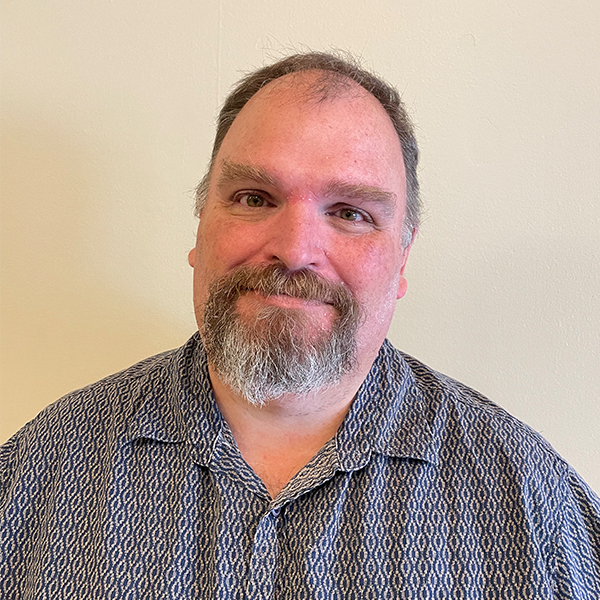Senior Contributor
Joe Patti

Focus Areas
Marketing, Legal Issues, Operations (backstage and front of house), Arts Presenting and Producing, Business Models, Outdoor Festivals Presenting Contemporary Indigenous Artists, Arts and Technology, Leadership in the Arts, Collaboration (between organizations, communities, artists-all permutations), Professional Development and Training, Organizational Culture, Volunteers, University Arts Environments
About
I have been writing Butts in the Seats (BitS) on topics of arts and cultural administration since 2004 (yikes!). Given the ever evolving concerns facing the sector, I have yet to exhaust the available subject matter. In addition to BitS, I am a founding contributor to the ArtsHacker (artshacker.com) website where I focus on topics related to boards, law, governance, policy and practice. I am also an evangelist for the effort to Build Public Will For Arts and Culture being helmed by Arts Midwest and the Metropolitan Group. (http://www.creatingconnection.org/about/) My most recent role was as Executive Director of the Grand Opera House in Macon, GA. Among the things I am most proud include leveraging the architecture of The Grand to provide safe programming during Covid, producing a devised work to explore ways to address blight that didn’t involve bulldozing, producing an opera in the Hawaiian language and a dance drama about Hawaii’s snow goddess Poli’ahu.
I have been trying to think of subjects to address on ArtsHacker, but my goal is to create entries that are relatively evergreen and with Covid, I feel like so much is being rewritten in terms of process and expectation. I think the addition of Eric Rubio is awesome. He is preaching to the choir when he talks about keeping your books up to date as you rather than scrambling at the end of the year or during an audit.

Connect

Elements Of Legal And Illegal DEI Programs

Organizing For Work At Home Staffing

Dangers Of Using AI For Annual Reviews

Should Your Work Be Protected By An LLC?

Don’t Be Too Quick To Paint That Mural

War Cemeteries Are The Most Entertaining Places In The World, Just Not In The Way You Define It

No One Knows You’re A Non-Profit (Sometimes Even After You Tell Them)

Conducting A Search For A Leader The Times Require

You Probably Need To Be Spending More On Overhead

Maintaining A Consistent Brand Requires Change

Time To Include #ShowTheSalary In The Hiring Process

Show Me What You Love About The Arts Without Using Pictures Of The Arts

Many Lens of Board Recruitment

Plan For An Inclusive Post-Covid Cultural Experience

Yes, Data Driven Decision Making. But What Data Is Important?

You Can’t Just Let People Tear Your Clothes Off Anymore

A Question Of Face Masks And Liability

Meeting Your Legal Duty Of Care In Post-Covid Reopening

